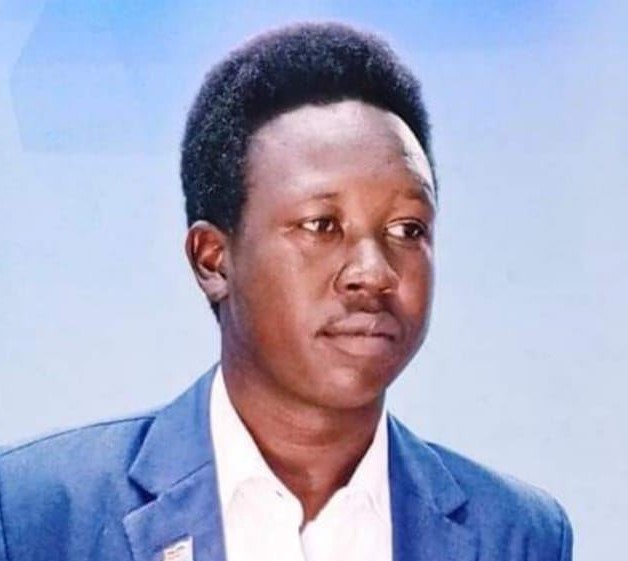I write these words with a heavy heart—not merely because South Sudan has sunk to this level, but because those who brought it here are the very ones who once rose on the shoulders of our dreams. They chanted slogans of freedom, only to suffocate the nation under the weight of their boots.
Today, Juba is no longer the capital of a free country. It is a sprawling prison ruled by a security apparatus obsessed with control, led by a head of state who sees dissent as betrayal and criticism as a threat to be eliminated. We are not living through a difficult political moment—we are trapped in a dark chapter of a horror novel, written by President Salva Kiir in the ink of repression, on pages of fear, with pens wielded by his family.
Dynastic Rule Draped in the Costume of a Republic
The political table has been overturned—not just for Riek Machar, but for every last hope of political plurality. What is happening now is the restructuring of the state into a private family enterprise, no different from a corporation where the CEO is “the President,” and the deputy director is none other than his in-law. The country is being treated not as a nation to be built, but as an inheritance to be passed down.
And if the president’s in-law isn’t directly in the spotlight, then a surrogate has been manufactured to fill the void.
The Assassination of Opposition—Everyone Is at Risk
In today’s Juba, even neutrality is a crime. Criticism is met with disappearance. This capital has become a hunting ground for political persecution. No one is safe—not opposition leaders, not journalists, not even former allies of the regime. Anyone who does not chant in favor of the ruling order becomes a legitimate target for arrest, house arrest, or political extinction.
What’s unfolding is not merely the suppression of opposition but a deliberate engineering of the public sphere to eliminate independent voices and erase every last trace of political dignity. South Sudan is undergoing a quiet, bloodless coup—a coup against meaning, memory, and the hard-won sacrifices of years of war and pain.
Juba… Where Revolutions Die and Tyranny Is Born
Where is the dream we fought for? Where is the nation that thousands died to build? Where is the democracy we signed for in blood and gunfire? It was slaughtered in broad daylight, in the presidential palace, by the very man who swore to protect it.
Do not speak to me of peace agreements or “political partnerships.” These are illusions used to decorate a stage of tyranny. True peace died the day Riek Machar was trapped in his own capital, the day a counterfeit opposition was declared by presidential decree, and the day political critique became a crime punishable by detention rather than dialogue.
No Voice Rises Above the Family’s
From Nasir to Juba, from Yei to Aweil, citizens speak in whispers and glance over their shoulders before uttering a political opinion. This is not random chaos—it is a calculated state of fear, managed like a private security firm: loyalty is demanded; thought is not.
South Sudan is not the property of a single family, nor the communal possession of a tribe, nor an estate to be divided behind closed doors. And yet, it is becoming just that—signed, sealed, and delivered by the President himself, under the silent complicity of an international community that has chosen to look the other way.
Conclusion: When Betrayal Becomes the Name of the State
If the silence continues, if we persist in appeasing the executioner under the illusion of “political balance,” there will soon be no South Sudan left to speak of. What is happening now is not political fragmentation—it is a blatant betrayal of the very idea of a state, a desecration of the revolution’s roots, and a mockery of the blood of our martyrs, who did not die so the President’s in-law could inherit the nation.
We are living through the moment of collapse. And the only question left is: Do we continue to watch this decay in silence—or do we dig through the rubble, searching for even the faintest crack through which light might return?
The author, Mahmoud Akot, is a South Sudanese political activist based in France. He can be reached via email: mahmoudakot@gmail.com.
The views expressed in ‘opinion’ articles published by Radio Tamazuj are solely those of the writer. The veracity of any claims made is the responsibility of the author, not Radio Tamazuj.




